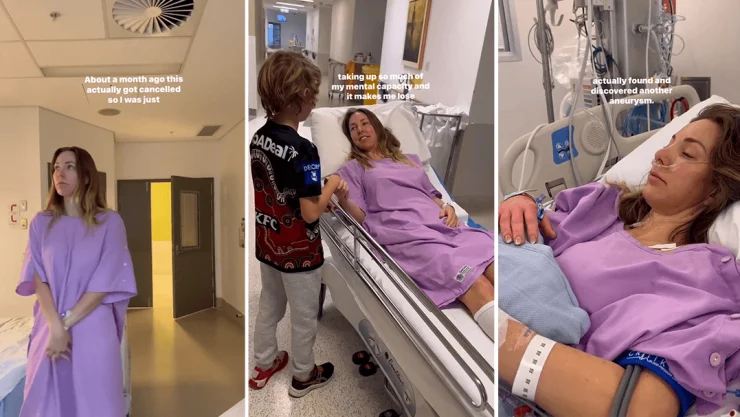CELEBRITY
Die with a smile: Famous American singer Lady Gaga Aged 38, diagnosed with a chronic health condition “Fibromyalgia”…Its with heavy heart and profound sadness we announce the tragic news that she has been confirmed to be…..See more

Lady Gaga has spoken about her health condition that causes severe pain and still does not have a real cure
Superstar singer Lady Gaga has explained what it’s like living with her ‘secret’ condition that causes ‘severe pain’ – and has even forced her to cancel some performances. Having suffered from fibromyalgia for years without anyone but her closest family and friends knowing, she finally opened up about it a few years ago.
In an interview with Vogue, Lady Gaga said: “I get so irritated with people who don’t believe fibromyalgia is real. For me, and I think for many others, it’s really a cyclone of anxiety, depression, PTSD, trauma, and panic disorder, all of which sends the nervous system into overdrive, and then you have nerve pain as a result.
“People need to be more compassionate. Chronic pain is no joke. And it’s every day waking up not knowing how you’re going to feel.”
The performer has also been seen receiving treatment for the condition during the Netflix documentary Gaga: Five Foot Two. During the documentary, Lady Gaga gets injections, massages and cold compressions.
She also bemoans the lack of help sufferers get if they don’t have money. This has led the singer to commit funding for more research into the condition.
What is fibromyalgia?
Fibromyalgia is a chronic disorder that causes musculoskeletal pain, fatigue and tenderness in areas of the body, often referred to as tender points or trigger points. This condition can often cause severe pain, affecting daily activities. The exact cause of fibromyalgia is unknown, but it is believed to involve a combination of genetic, environmental and mental factors.
Although there’s currently no cure for fibromyalgia, there are treatments to help relieve some of the symptoms and make the condition easier to live with, the NHS says. Treatment tends to be a combination of: lifestyle changes, such as exercise programmes and relaxation techniques.













